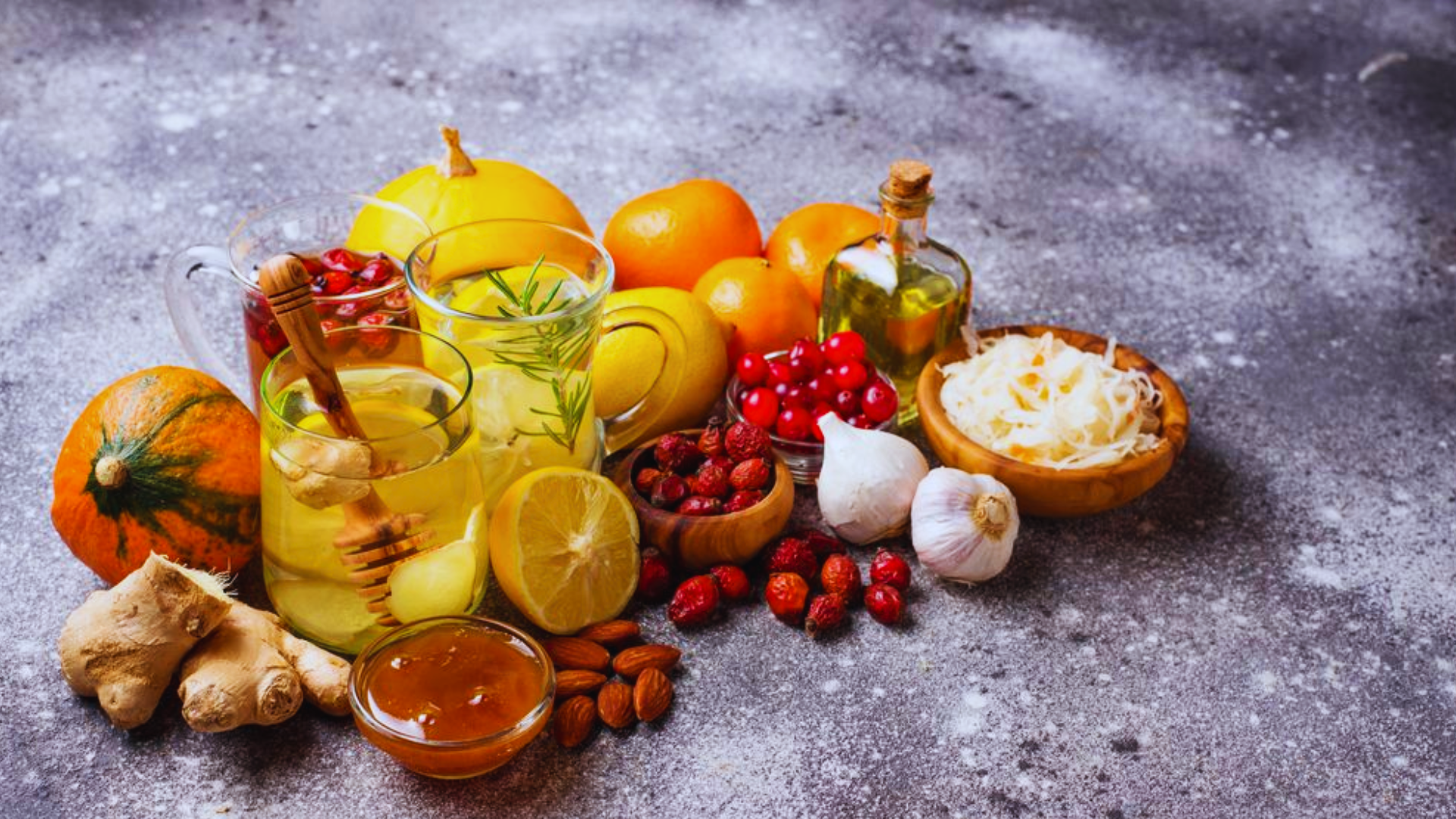The monsoon season, while refreshing, brings increased humidity and moisture that create an ideal environment for the growth of bacteria, viruses, and fungi. These conditions heighten the risk of food poisoning, exacerbated by factors such as contaminated water sources, unhygienic food handling, and the rapid spoilage of perishable items. To help you stay safe and healthy during this vulnerable season, here are some practical tips to reduce the risk of food poisoning.
1. Practice Good Hand Hygiene
Hand hygiene is crucial in preventing food poisoning, especially during the monsoon. Wash your hands thoroughly with soap and water before preparing or consuming food. The increased humidity during this season can promote the growth of harmful pathogens, which can be transferred from contaminated hands to food. Proper handwashing significantly lowers the risk of ingesting harmful bacteria and viruses.
2. Cook Food Thoroughly
Cooking food to the right temperature is essential, particularly for meats, seafood, and eggs. During the monsoon, bacteria such as E. coli and Salmonella thrive in damp conditions and can survive if food is undercooked. Ensure that all food is cooked thoroughly to destroy these pathogens, thereby reducing the risk of foodborne illnesses.
3. Avoid Raw and Street Foods
Raw and street foods are more likely to be contaminated during the monsoon due to poor storage conditions, exposure to flies, and unsanitary handling. Consuming these types of foods can lead to infections such as gastroenteritis. Opt for homemade or freshly cooked meals to minimize exposure to potential contaminants.
4. Use Safe Water for Cooking and Drinking
Waterborne diseases like cholera and typhoid are more prevalent during the monsoon due to contaminated water sources. Use filtered, boiled, or bottled water for drinking, cooking, and washing vegetables. Ensuring the use of safe water helps prevent the ingestion of harmful microorganisms and reduces the chances of bacterial infections.
MUST READ: Lifestyle Changes To Prevent And Treat Fatty Liver
5. Store Food Properly
Proper food storage is critical during the monsoon. Refrigerate perishable foods promptly and store them in airtight containers to prevent bacterial growth. High humidity can accelerate food spoilage, especially leftovers. Keeping food at the correct temperatures slows bacterial growth and maintains food safety.
6. Wash Fruits and Vegetables Thoroughly
Fruits and vegetables should be washed thoroughly under running water to remove dirt, bacteria, and pesticide residues. Monsoon rains can contaminate produce with harmful pathogens. To ensure further safety, use a solution of vinegar and water for washing, which helps eliminate germs and ensures cleaner produce.
7. Avoid Cross-Contamination
Preventing cross-contamination is key to reducing the risk of food poisoning. Keep raw and cooked foods separate, using different cutting boards and utensils for each. During the monsoon, raw foods like meat and seafood can harbor bacteria that may contaminate cooked foods if they come into contact. Proper separation of raw and cooked foods helps prevent cross-contamination.
8. Consume Freshly Prepared Meals
Freshly prepared meals are safer than leftovers, particularly during the monsoon season. Bacteria can multiply rapidly in leftover food, especially in warm and humid conditions. By consuming freshly cooked meals, you minimize the risk of food contamination and ensure a safer eating experience.
By incorporating these practices into your daily routine, you can significantly reduce the risk of food poisoning and enjoy a healthier monsoon season. Stay vigilant, practice good hygiene, and prioritize food safety to keep yourself and your loved ones safe during this rainy period.
ALSO READ: 20 Crore Indians Lead ‘Inactive’ Lives: Study Highlights Urban Girls As Most Affected






















